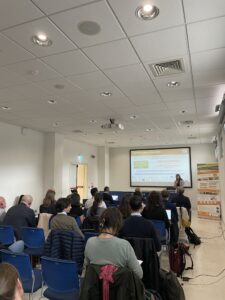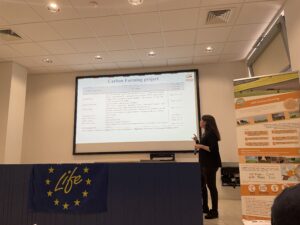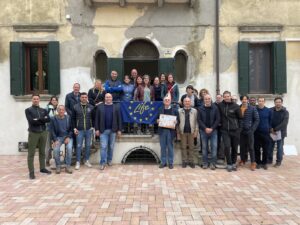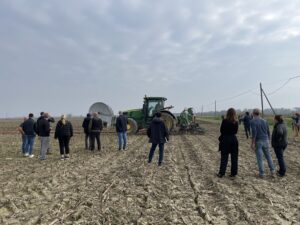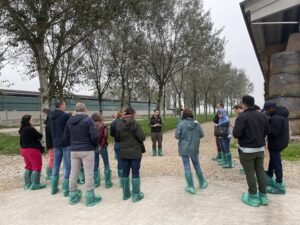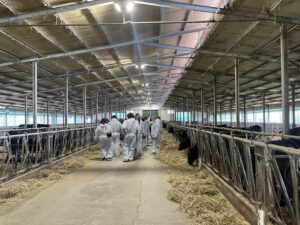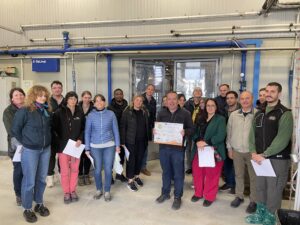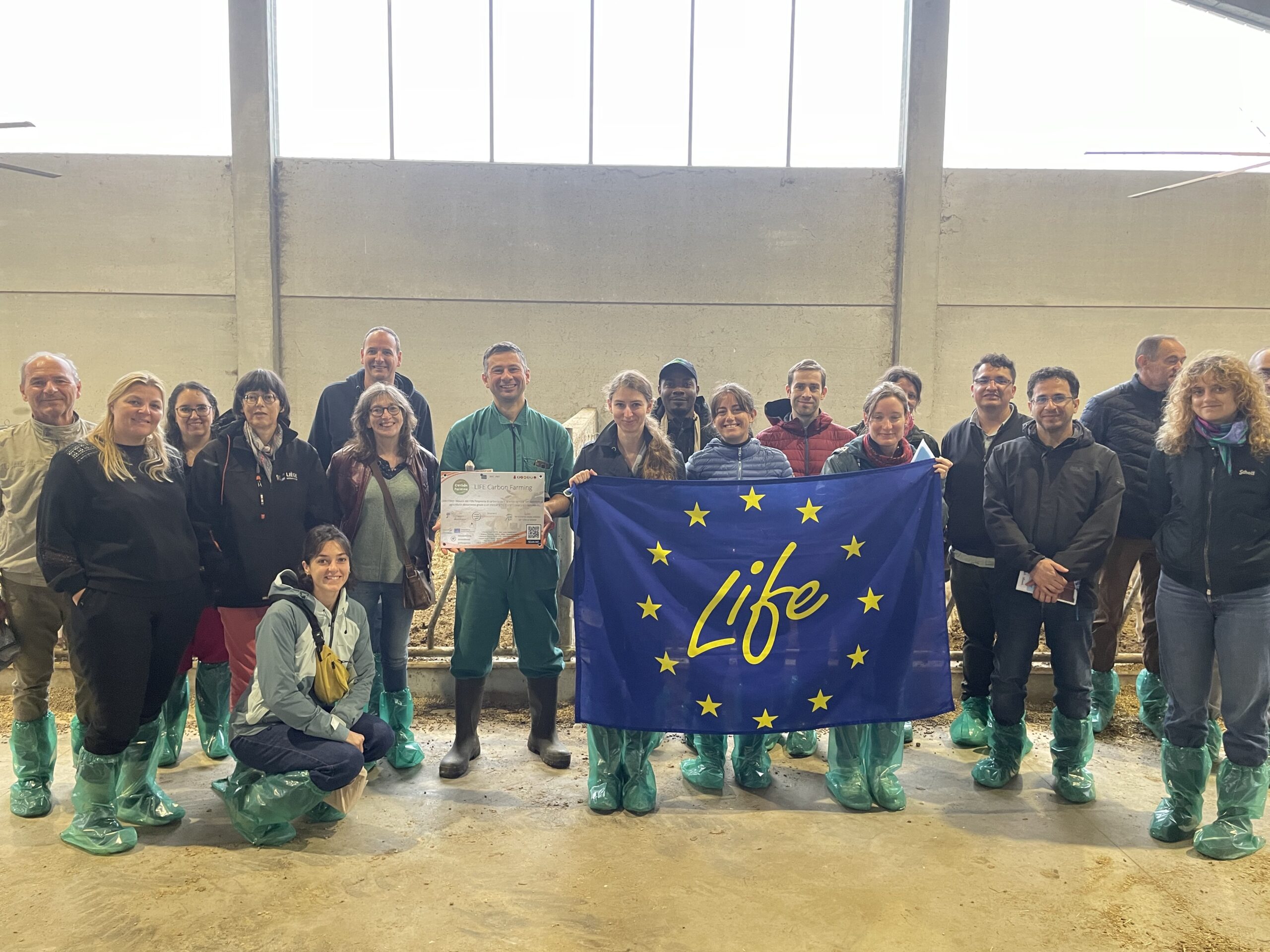On October 14th, 15th, and 16th, we held our second 3-day European meeting in Verona, Italy.
The first day took place at the Camera di Commercio, Corso Porta Nuova. During the morning session, project partners worked on action C.3 of the project: Elaborating carbon farming project referential costs. They discussed the progress of this action and the next steps to be taken. The afternoon was dedicated to several presentations and testimonials from stakeholders involved in the LIFE Carbon Farming project. After an opening speech by our Italian partner Luciano MIGLIORATI (CREA), Anaïs L’HOTE (Institut de l’Élevage) presented the LIFE Carbon Farming project, including its objectives, actions, and expected outcomes. This was followed by a presentation by Ilaria FALCONI (CREA) on Carbon farming: regulatory framework, state of the art and future prospectives in agriculture. Saverio MALUCCIO (CREA) continued with a presentation on the carbon credit market: state of the art and future prospectives. Then, Sara CARE (CREA) and Lorena GIGLIO (CRPA) presented the sustainability assessment in cattle farming in Italy. Following this, Andrea SCARABELLO (Technician of UNICARVE, respectively), Simone MELLANO and Luca GIORDANA (Director and technician of ASPROCARNE, respectively) discussed the role of beef and dairy cattle associations for environmental sustainability. Finally, Guido ZILLI (Gruppo Mastrotto SPA) gave a presentation on the hypothesis of intersectoral cooperation between livestock farming and tanning to reduce greenhouse gas emissions. This enriching afternoon concluded with a discussion and final remarks.
The second day was dedicated to visiting three suckler cow farms in the province of Rovigo, all specializing in cattle breeding and fattening. At the first farm, discussions focused on biomethane production and digestate injection into the soil. The second farm allowed us to focus on animal health, welfare, and nutrition. The third farm showcased Wagyu cattle breeding, with 70% of Italy’s Wagyu population being raised there.
The morning of the third day was spent visiting two dairy farms in the province of Reggio Emilia, Emilia-Romagna, which produce milk for Parmesan cheese. Discussions covered various topics, such as animal feeding, welfare, reproduction management, productivity, and slurry spreading. The afternoon was dedicated to discussions between partners on the progress of the project’s various actions.
